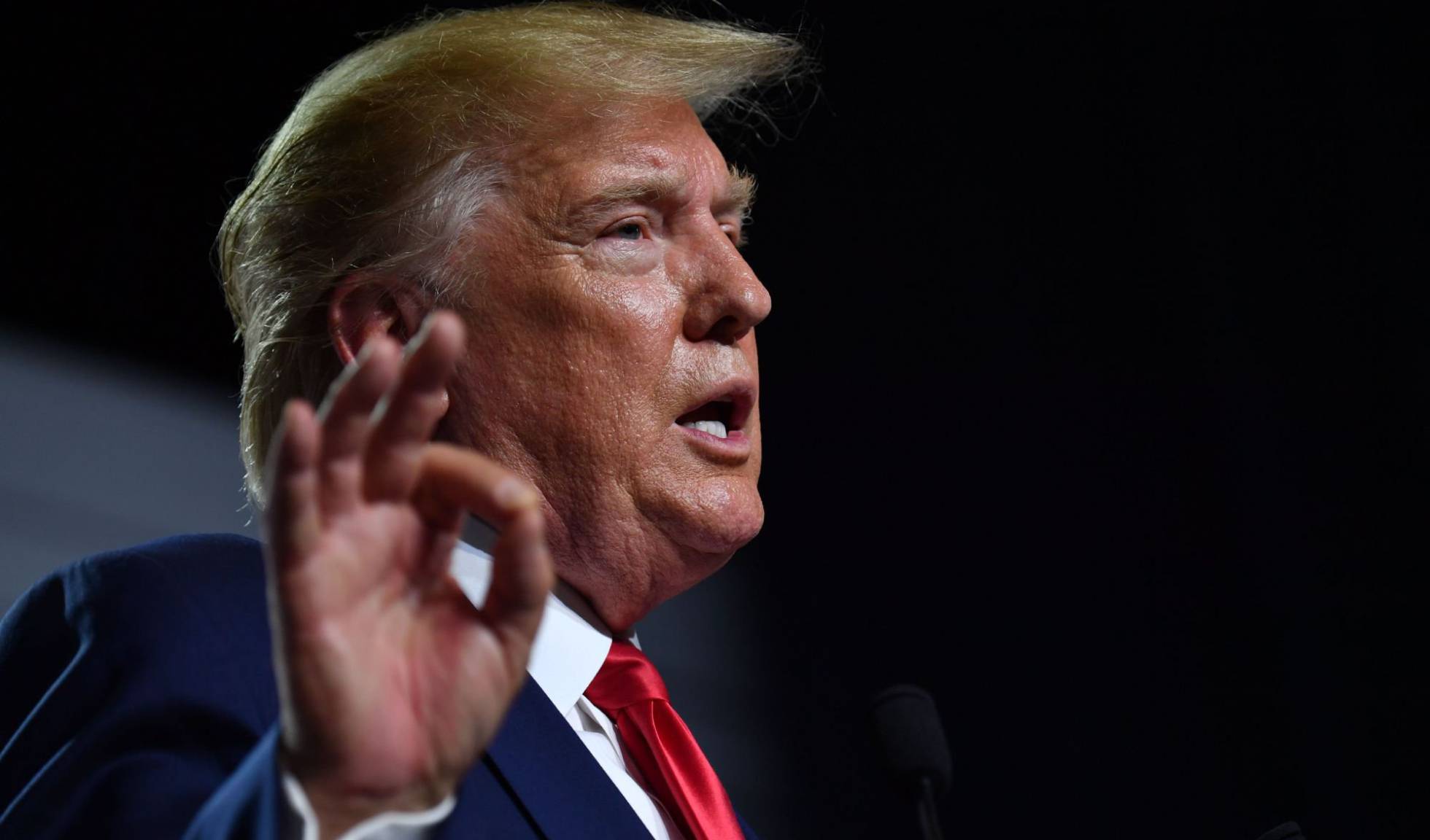
The specter of recession once again threatens the U.S. and is very likely to appear in the middle of the election campaign next year.
At the G-7 summit, we saw a less controversial than usual Donald Trump, who even accepted Emmanuel Macron’s proposal to meet with the president of Iran. What has happened to him? The economic environment can help us answer that question. Trump has been a millionaire since the day he was born, and he entered politics without any defined ideology except to satisfy his own vanity.
In 2016 the unemployment rate was 4.7%, and three years later with Trump in the White House, it has dropped to 3.7%. In 2016, the economy had been expanding for seven years. This summer, it has been growing for more than 10 years, the longest expansive cycle in U.S. history. In Spain, we have suffered the effects of artificially prolonging an expansive cycle. After the bubble burst in 2007, we suffered the worst economic depression since the Civil War. Economies always purify excesses, and the greater they are, the more intense the recessions.
In the 2016 campaign, Trump described U.S. growth as mediocre and promised an uplift to 5%. In 2019, the economy grew to 2.5%. There is discontentment with globalization in the worker vote, and Trump promised protection and to put America first. To that end, he has decided to raise taxes. Tariffs mean an increase in production costs and companies are responding by raising prices for consumers. Discounting inflation, the average real wage of industrial workers has risen by a ridiculous 2% in the three years since Trump has been in the White House. The trade war started by Trump in 2017 has been like spitting into the wind. Since the end of 2017, U.S. industrial exports have stagnated, and since the end of last year, industrial production has started to fall.
With world trade in recession, and after bursting the multilateral system created at Bretton Woods in 1945, Trump is obsessed with pump-priming domestic demand. To compensate for the rise in taxes and tariffs, he approved tax cuts, above all for companies. This measure has not worked and business investment has fallen since the summer of 2018.
The specter of recession once again threatens the U.S. and is very likely to appear in the middle of the election campaign next year. Trump is aware that, with a Democratic majority in Congress, it is difficult to pass tax incentives. That is why he has concentrated his pressure on the Federal Reserve. He has demanded that it lower rates and depreciate the dollar, accusing its president of being the number one enemy of the U.S.
If he succeeds, Trump will learn that monetary policy helps soften the effects of recession on unemployment, but it cannot avoid them. As Michal Kalecki and John Keynes taught us, entrepreneurs must once again expect positive benefits in order to re-invest and create jobs. And for that to happen, it is necessary to purge the excesses caused by an expansive cycle; excesses which have increased significantly as a result of Trump’s disastrous economic policy.

Leave a Reply
You must be logged in to post a comment.